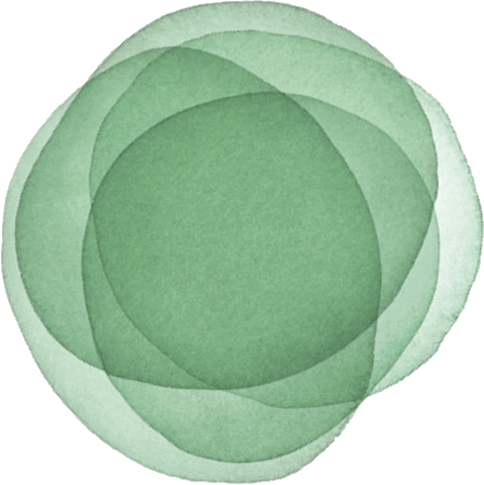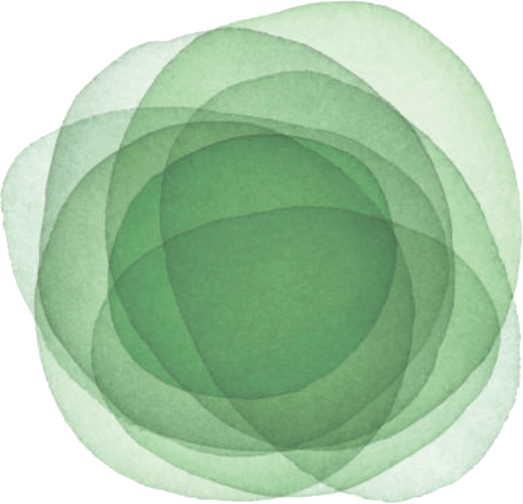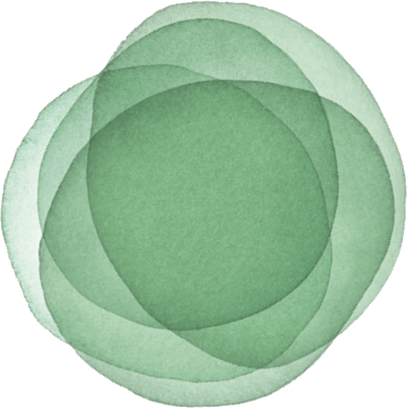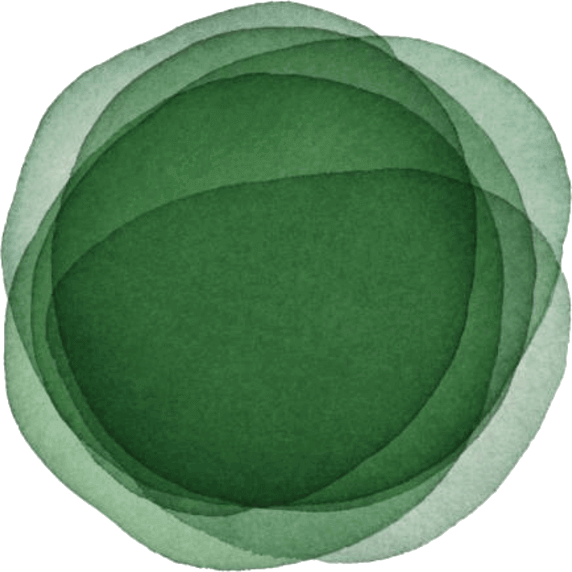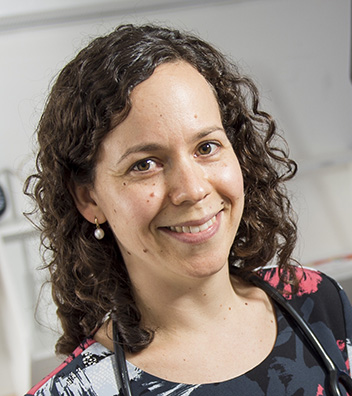What are some common do’s and don’ts?
Medications in pregnancy:
In general, unless actually required, it is better to minimise or avoid medication use and talk to your doctor or Obstetrician first.
Most medications for chronic conditions are able to or need to be continued in pregnancy to keep your condition under control. If you take regular medications, please, talk to us or your other specialists before stopping or starting new medications once you are pregnant.
There are very few medications which are completely incompatible with pregnancy. If you know you are pregnant and a new medication is prescribed for you, please, let the doctor know about your pregnancy. If you have concerns discuss with your Obstetrician prior to taking.
Advice can also be obtained through:
- The Monash Medicines Information Centre – a great resource on medicine safety in pregnancy and breast feeding on 9594 2361
- The Medicines Line on 1300 633 424
https://www.betterhealth.vic.gov.au/health/ServiceProfiles/medicines-line-service
Pain relief:
Paracetamol alone or in combination with codeine, such as Panadeine or Panadeine Forte, are safe to use. The latter, however, can be very constipating, and addictive so should only be considered following medical review and for strong pain. Morphine, oxycodone and tramadol might be prescribed during emergencies or for chronic pain but their use should be supervised as the baby can also withdraw from these after birth.
Non-steroidal anti-inflammatories such as Neurofen (ibuprofen) or Voltaren (diclofenac) including skin rubs should be avoided especially in the first and third trimesters. Occasionally they are required for inflammatory conditions if alternatives are ineffective. We will advise you on appropriate use if needed.
Low dose aspirin (150mg at night) is very safe in pregnancy and frequently recommended for women at high risk of preeclampsia, growth restriction and some maternal conditions.
For musculoskeletal pains try hot packs (safe to back, hips and lower abdomen), stretching exercises, physiotherapy and generally continuing to move as muscle spasm tends to make these worse. Pregnancy massages and acupuncture or dry needling can also be of benefit. Seeing the chiropractor or osteopath is not contraindicated but they need to be aware you are pregnant and should be gentler with any manipulations due to the hormone related increased mobility of your joints in pregnancy which can more easily result in an injury.
Anti-nausea medications:
When nausea and vomiting in pregnancy interfere with everyday life, use of anti-emetics can be considered. Commonly used medications include doxylamine (Restavit) – over the counter, and without prescription – metoclopramide (Maxolon), ondansetron and prochlorperazine (Stemetil). Whilst some associations of concern have been made between some of these and pregnancies, proof of causation of harm is much harder to establish, and these medications may be recommended after discussion with your doctor.
Antibiotics:
Most antibiotics are safe to use in pregnancy such as for urine or suspected bacterial chest infections. Commonly penicillin, ampicillin and cefalexin are prescribed and all have a great safety profile. It is important to treat proven infections early and you can always check with your doctor or the above medicines information lines if you have any concerns.
Thrush treatments:
Vaginal thrush or yeast overgrowth is very common in pregnancy. This can be more problematic with or after antibiotic use. It can be treated with Canesten 1% or Nystatin cream or pessaries by inserting the cream applicator or pessary well into the vagina. Restoring your gut health by having natural yoghurt, Yakult or probiotics can also be helpful here.
If you have a cold:
Decongestant nasal sprays and Cold and Flu tablets containing phenylephrine or pseudoephedrine should not be used as they might reduce the blood flow to the womb. This is especially important if you have a small baby. Instead, you can use Saline nasal spray or a steroid based nasal spray such as Nasonex (no prescription needed) to help with your blocked nose. The sinus saline washout or irrigation systems are also very effective for nasal congestion in pregnancy.
Simple pain relief as above can be considered for a headache and muscle and joint aches.
Cough syrups are generally not needed but most are safe in pregnancy. Check with your GP, Pharmacist or Obstetrician if there is a particular preparation you wish to try.
The symptoms of a cold, in particular the nasal congestion and cough, can take a bit longer to recover from while pregnant due the many physiological changes occurring in the body. However, if you have persistent fever and worsening symptoms you should see your GP and treat any complications
Sex during pregnancy:
For most women this is safe and enjoyable. You might find that certain positions are less comfortable with advancing pregnancy.
In certain circumstances such as if you have ruptured membranes (broken waters) or a placenta praevia (placenta close to or covering the cervix opening), especially if there has been bleeding, vaginal intercourse is advised against.
Personal hygiene:
Face moisturisers are usually safe to continue. Avoidance of preparations high in Vitamin A derivatives is recommended against in pregnancy. Most acne face washes such as those containing benzoyl peroxide or salicylic acid are safe to continue.
Sunscreen especially the zinc-based preparations are fine to use, and it is important to protect your skin. No adverse effects of their use in pregnancy have been found. Further information can be found at:
https://www.cancer.org.au/cancer-information/causes-and-prevention/sun-safety/about-sunscreen/sunscreen-faqs
Stretch mark creams are mostly of unproven efficacy. A simple sorbolene preparation is usually a good way to keep your skin supple. If you wanted to use Cocoa butter or Bio oil which claim to improve the appearance of scars, these can be safely used, but can occasionally be associated with skin allergic reactions. Scar Away is a fairly expensive preparation which has shown some results in reducing the appearance of skin stretch marks.
Hair dye is safe in pregnancy. The scalp skin might be more sensitive and reducing the frequency of this might be needed. In general hair dye chemicals would not penetrate through the skin. If you are concerned, more organic hair dressing options exist.
Nail polish is safe but should be conducted in well ventilated environments.
Laser for hair removal or the treatment of certain conditions such as acne or rosacea is likely safe but the evidence around this in pregnancy is limited. The best choice here might be to avoid it but, if a long period off treatment is likely to worsen your condition, it can be considered.
Warm baths in pregnancy so long as your membranes (or waters) are intact are fine. Hot baths or spas of higher temperature can raise your core body temperature too much and should be avoided or used for short periods only. Additionally, due to blood diverting to the skin you are more likely to feel faint coming out of a hot bath or a shower and should be careful.
Dentist visits are encouraged. Bad dental health has associations with poor pregnancy outcomes. Scale and clean and local anaesthetics for fillings are perfectly safe to continue. Prevention of dental problems is better than treatment and pre-emptive dental appointments and completing any major required dental work before a pregnancy is the best advice. Generally, dentists will avoid major dental work in pregnancy due to the increased blood flow to the mouth and gums. Occasionally extractions or a root canal cannot be postponed and antibiotics may also be given at that time. If very concerned about a tooth a dentist might recommend an X-ray. The scatter (spread of the radioactive beam to other parts of the body) from these is usually minimal. The dentist might use a lead apron to protect your chest and abdomen. They would normally refrain from routine X-rays when you are pregnant.
X-rays are generally avoided in pregnancy especially for routine purposes such as immigration requirements. The highest concern with high amounts of radiation is in the first trimester. For health problems such as persistent chest infections, fluid on the lungs, suspected pulmonary emboli (blood clots in the lungs) and sudden severe headaches X-rays, nuclear medicine studies and MRI may be recommended. The very small risks to your baby of the radiation to diagnose these conditions appropriately would be completely outweighed by the benefits to your health. Where possible ultrasound or MRI would be used instead. MRI without contrast is often used to clarify further many suspected fetal problems.
House painting can be done during pregnancy. Ensure there is good ventilation and ideally that water-based paints with low volatile organic compounds (VOCs) are utilised. Solvent based paints and paint stripping are best avoided. For more information, please, see:
https://www.nhs.uk/common-health-questions/pregnancy/can-paint-fumes-affect-my-unborn-baby/
- Royal Australian College of Obstetrics and Gynaecology – Common Questions in Pregnancy
https://ranzcog.edu.au/RANZCOG_SITE/media/RANZCOG-MEDIA/Women%27s%20Health/Statement%20and%20guidelines/Clinical-Obstetrics/Common-Questions-in-Pregnancy-2020-V2_1.pdf?ext=.pdf
